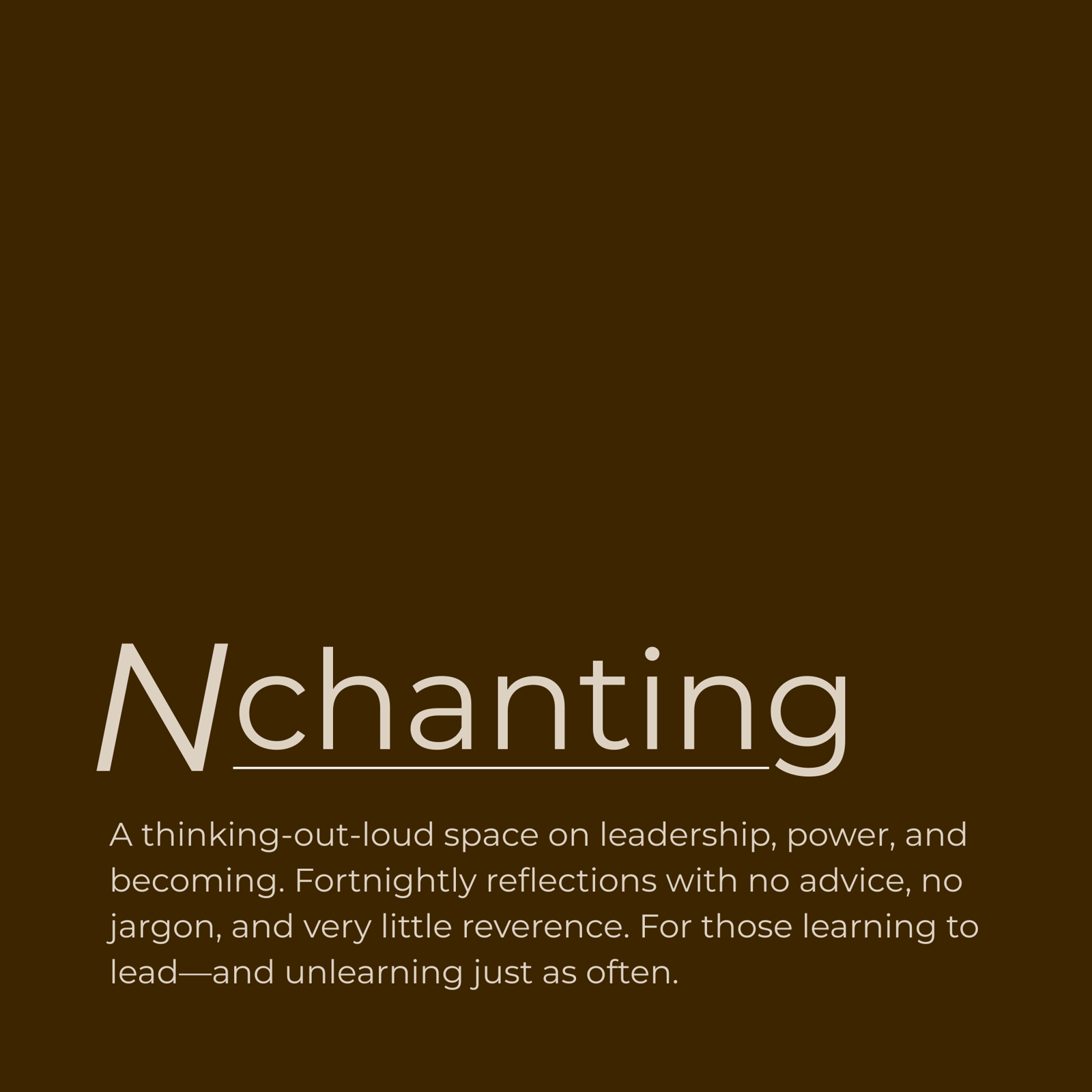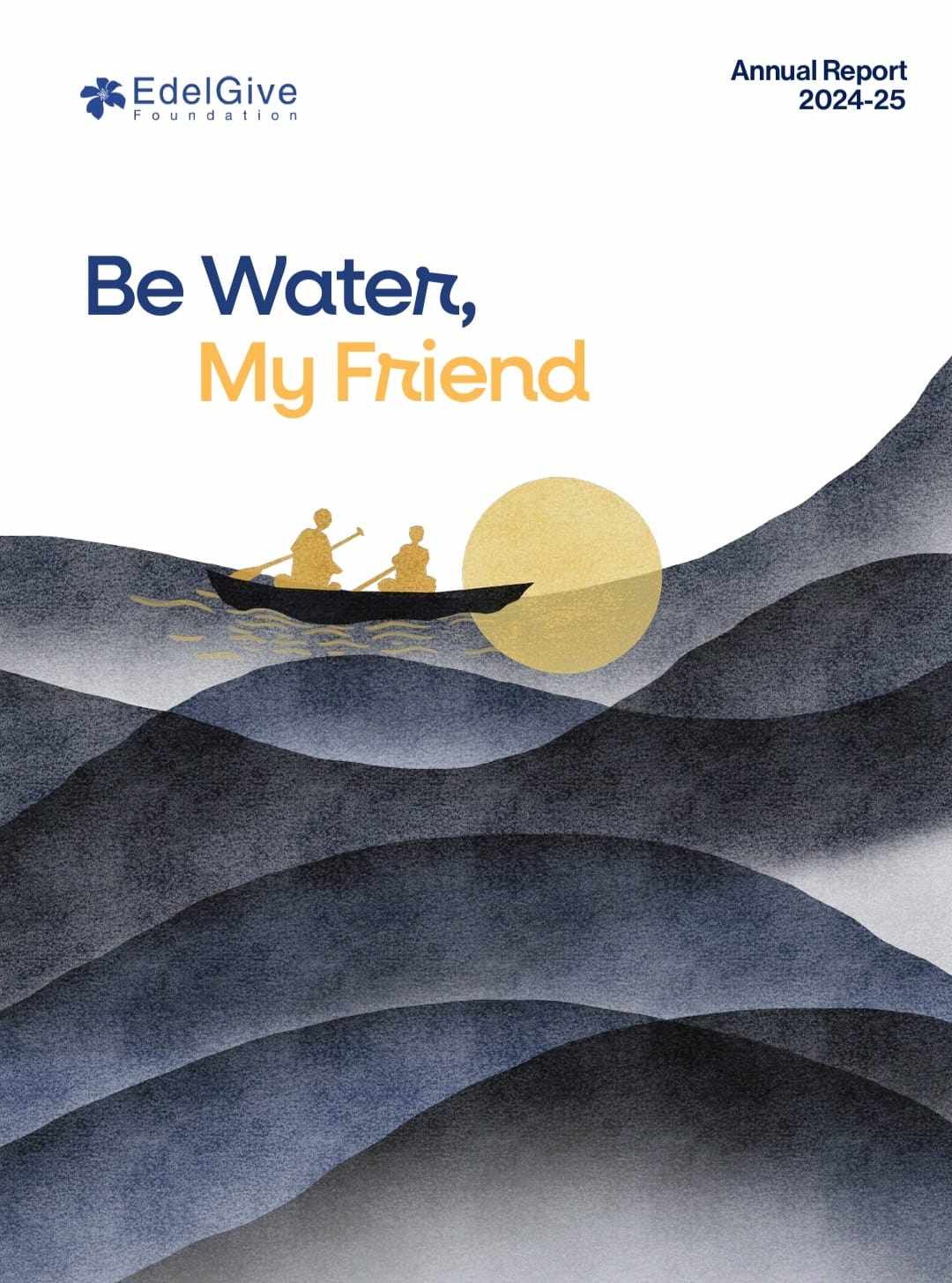
Soft spoken, plain speaking, calm demeanour. As I heard Ashif speak of unspeakable social evils the first time we met in our office, I struggled to reconcile his decency with the horrors he was speaking about. But that is Ashif for you. He embodies what should be, while fighting against what should not.
Ashif has endured, absorbed and responded. Hailing from a backward caste within the Muslim community, he has lived the narrative he is working to change. Being bullied as a child lower in the power structures of caste dynamics, he was also neighbours to a family belonging to a caste lower than his.
We may be divided by religion but are united by the caste system in India. It is beautifully designed. It has a place for everyone. While we may want to rebel against those who sit above us and exert their power, we stick around because there is someone below us to sit above and exert our power on. The system ensures everyone has a place, and that everyone has enough to survive. But, it removes all dignity for the last in line.
I struggle with the choice of words. Beautiful? He urges me to think about it. How seductive it is for us to stick around in the status quo because of power structures neatly woven within caste.
There was a fakir in Ashif’s locality. For eleven months of the year nobody looked at him. They gave him leftovers, but barely a glance. However, as Eid would come, things would change. Families would gift the fakir a set of brand new clothes each in the name of those who had passed, so that they would secure a place in heaven. It was the fakir’s duty to wear all clothes simultaneously. So he would sometimes wear a dozen clothes all at the same time, to ensure a seat in heaven for all who had gifted him clothes. And he did it with gratitude.
The system ensures everyone has a place, and that everyone has enough to survive. But, it removes all dignity for the last in line.





















Write a comment ...